
Recently, several major Chinese social media platforms including WeChat, Douyin, Zhihu, Xiaohongshu and Kuaishou... have announced that the real identities of social media celebrities (KOLs, KOCs) will be widely publicized.
Weibo said the new rules will first apply to all accounts with more than 1 million followers.
Immediately after the official announcement, some Chinese KOLs and KOCs began filtering their followers, while others said they would temporarily leave social media.
Popular blogger and author Tu Pao Ding announced that he will leave Weibo, China's largest social media platform.
This popular blogger has been publishing book reviews and commenting on current events for more than two decades. His regular following on Weibo is 2 million.
After learning about the new policy regarding public identity in account profiles, Blogger wrote: “Due to the new identity verification regulations, I plan to leave this social media platform.”
Many other influencers are using follower filtering to temporarily stay out of the new policy.
Overnight, the 'Tianjin Stock King' account deleted more than 6 million followers, reducing its audience from 7 million to just over 900 thousand.
Many Chinese KOLs and KOCs are criticizing the new regulation, saying it violates users' privacy, facilitates online harassment, and restricts freedom of speech.
“It defies common sense and strips away any anonymity on social media,” said Katie Zhang, a lifestyle content expert who has more than 35,000 followers on Weibo and has been blogging for more than 10 years.
As someone who often posts about sexual health issues on social media platforms, Katie Zhang has never revealed her identity, believing it protects her somewhat from online harassers.
Although she has not yet reached the following level that would be affected by the new regulation, Katie Zhang is still very concerned about the impact of this regulation. As a precaution, Katie Zhang also plans to “clean up” her social media accounts.
Eric Liu, a former censor at social media site Viboo and now editor of the US-based China Digital Times, said the new policy may be a response to directives from the Cyberspace Administration of China.
China's Internet regulator has introduced a number of policies governing anonymity on social media platforms in recent years.
In 2017, Weibo users were required to register with their real names. In 2022, some Internet users were also required to fill in their IP addresses along with their identities.
(according to RB)

Elon Musk's 'slip of the tongue' could cause social network X to lose many large advertising orders
A number of major companies have announced they will suspend advertising on social network X after its owner, billionaire Elon Musk, supported a post that was 'deemed to be anti-Semitic'.

Social media celebrities must register their personal information.
Chinese social media celebrities (KOLs, KOCs), with 500,000 followers or more, are expected to have to register their personal information.
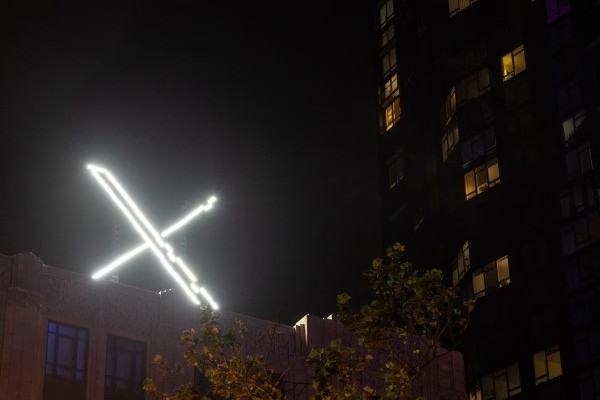
Elon Musk's social network launches video calling feature
Social media network X, formerly Twitter, has just launched a video calling version for a limited number of users.

Fake news reappears on social networks
In just one week, many fake news stories have appeared on social networks, affecting organizations, businesses and authorities.
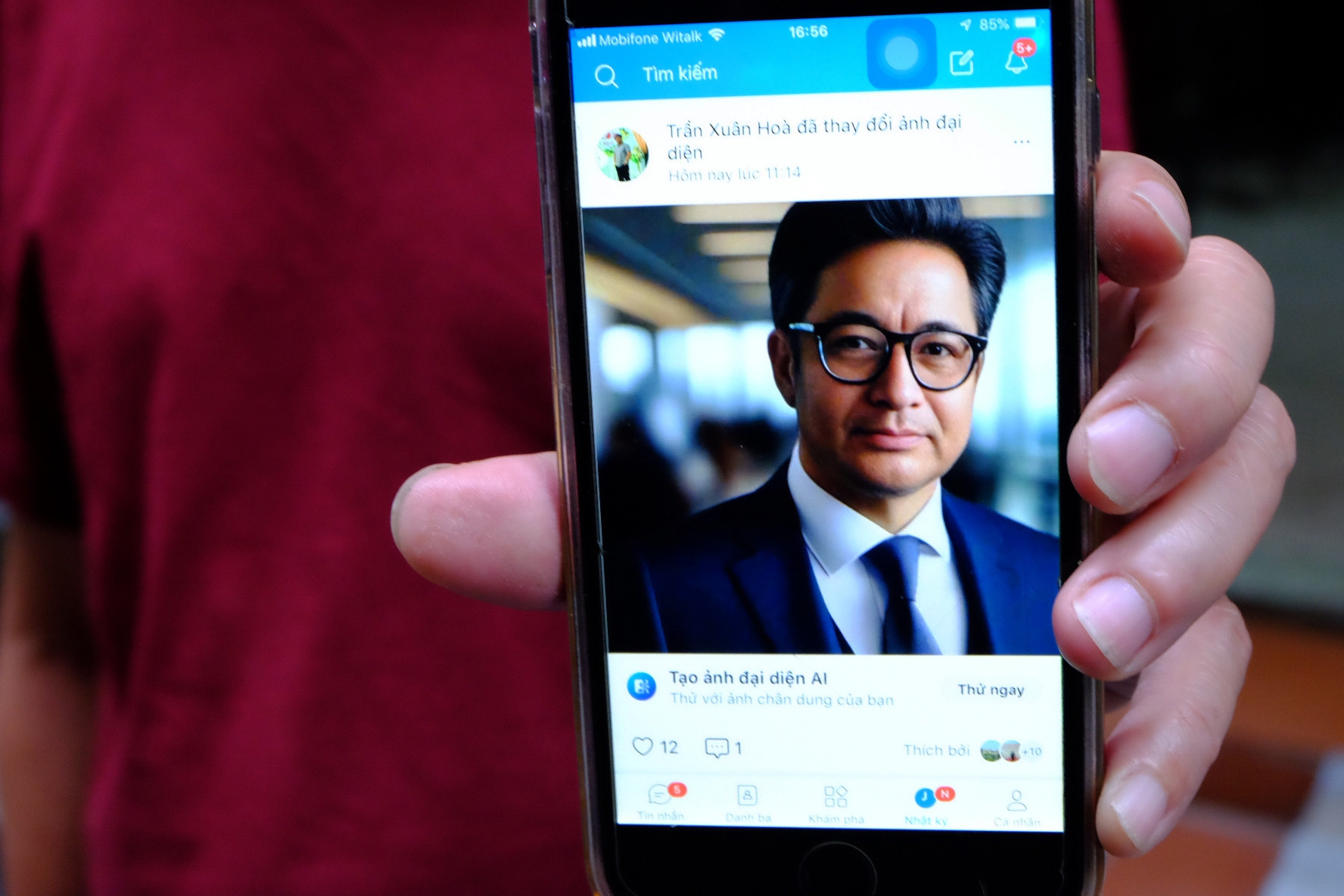
Social networks are booming with the trend of replacing profile pictures with AI faces
AI-generated profile pictures are becoming a phenomenon across social media platforms, from Facebook to Zalo.
Source







![[Photo] Prime Minister Pham Minh Chinh inspects the progress of the National Exhibition and Fair Center project](https://vphoto.vietnam.vn/thumb/1200x675/vietnam/resource/IMAGE/2025/5/19/35189ac8807140d897ad2b7d2583fbae)
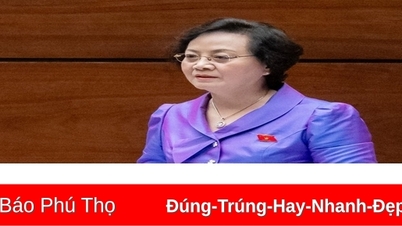

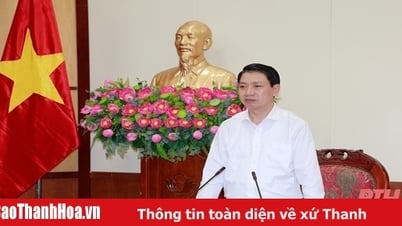
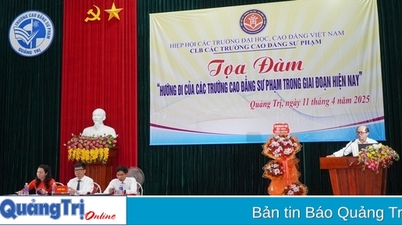






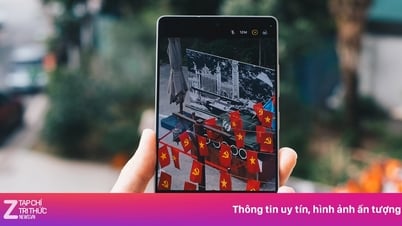

















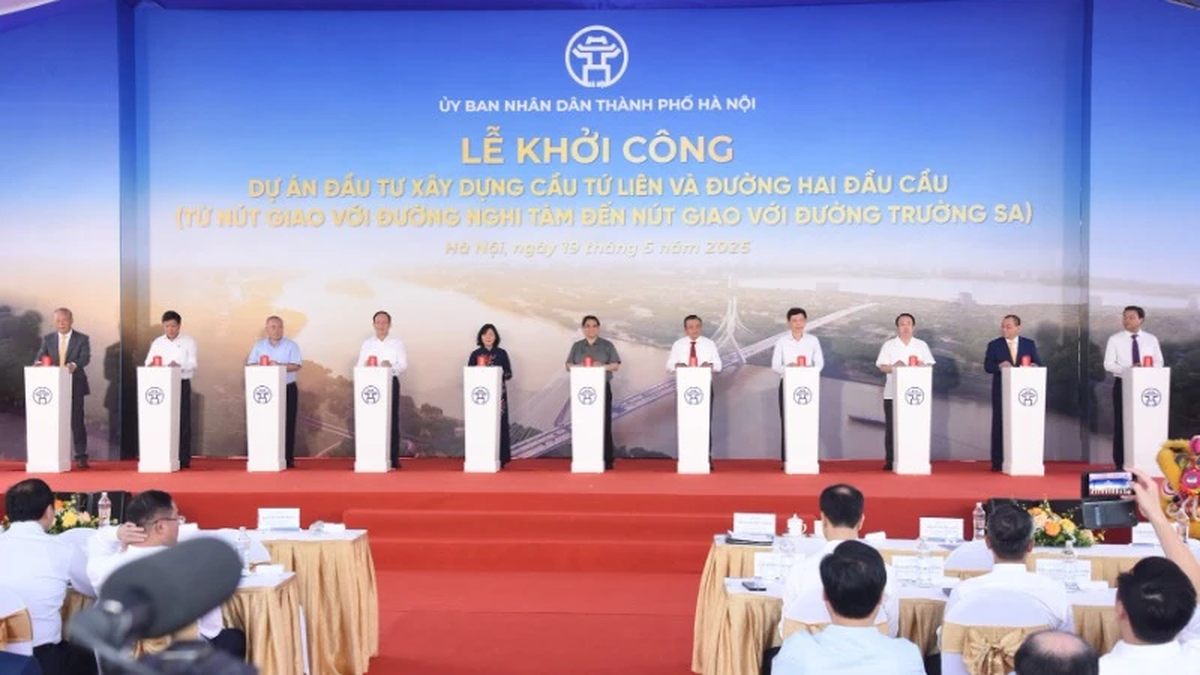














































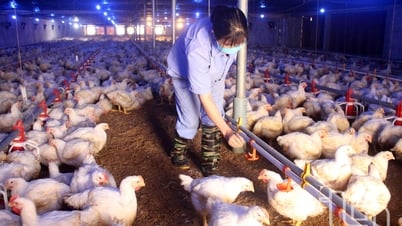





![[VIDEO] - Enhancing the value of Quang Nam OCOP products through trade connections](https://vphoto.vietnam.vn/thumb/402x226/vietnam/resource/IMAGE/2025/5/17/5be5b5fff1f14914986fad159097a677)







Comment (0)